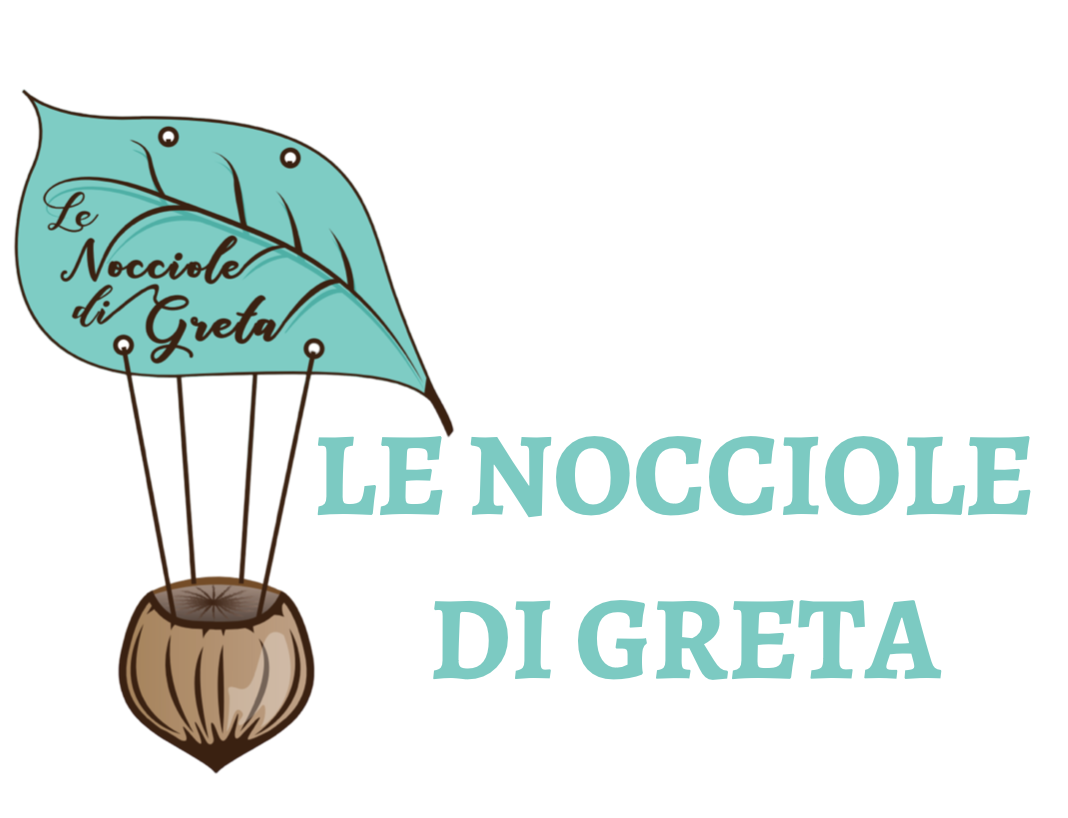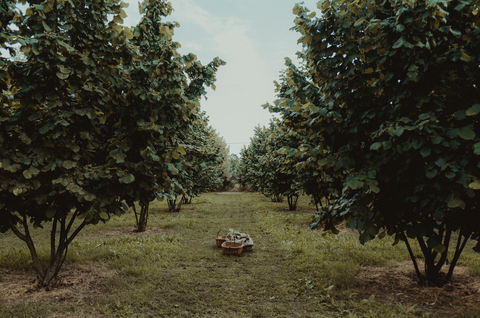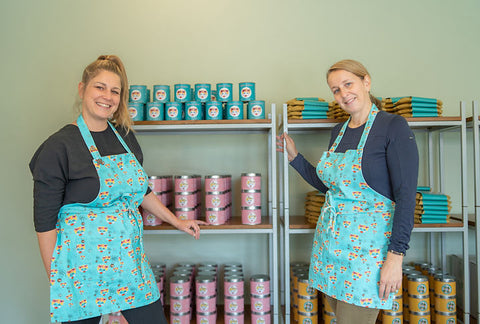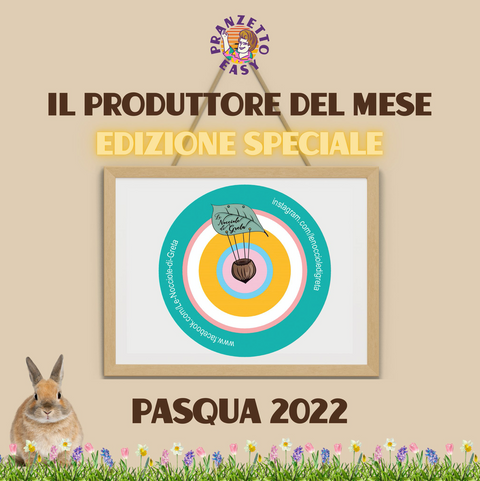Among the smallest hazelnut groves in Pavese - the province that alone hosts almost half of the hectares of hazelnut cultivation in Lombardy - is the one managed by Alida Bonassin with the support of her daughters Marta and Francesca Cattaneo. Just one hectare of land in Bascapè, a few kilometers from the south of Milan. A small but creative hazelnut grove: from the rows planted in 2014 today fruits are obtained which, under the brand name "Greta's hazelnuts", are transformed into cakes, pastries and the flagship product: a spreadable cream composed of 52% hazelnuts with cane sugar, cocoa and grains. Even this hazelnut one, of course. «With the first harvest, in 2019, we obtained 500 jars; last year they became 1500. At full capacity our plants could produce 15/20 quintals of hazelnuts a year – explains Marta Cattaneo -. With a simple hectare we would not be able to guarantee constant harvests and therefore it would not make sense to sell our fruits to large agri-food companies, so we entrusted the processing to local pastry shops. But we are working on the creation of our internal laboratory, which will be next to the hazelnut grove». The pandemic, together with a thousand efforts, has also generated some positive implications, for example the development of sales thanks to e-commerce: today the spreadable cream and the other "Hazelnuts of Greta" are sold online as well as on the shelves of some wine bars between Milanese, Cremasco and Veneto. «The idea of allocating our hectare of land to a hazelnut grove had come to my father, he had been farsighted - continues Marta Cattaneo -: it is a beautiful plant, less tiring to grow than others, the fruits are versatile and can be used in many different recipes».
On the other hand, Fulvio Curioni and Nadia Marzaroli, the two owners of the Belgiardino agricultural company, born only in 2018 on the outskirts of Lodi, know perfectly well that they will not see any fruit for at least another four or five years. He an accountant, she a surveyor about to graduate in sustainable tourism sciences, have decided to make some fields profitable by focusing on niche crops for the Po valley: «We started in 2018 with garlic and some onion varieties and this year we introduced asparagus and four hectares of hazelnut groves», explains Fulvio Curioni.
In recent days they have founded an association, Terre del Nord, with which they aim to create a local supply chain of hazelnuts, also thanks to the collaboration with a producer from Cuneo, identifying the available farms and stimulating them to «diversify - this is the word of order of Nadia Marzaroli -. By investing in sustainability we can help restore an identity to territories like ours, which are also excellent for crops such as hazelnuts».
What is missing today? «For example, diversified skills: in our plain there are all the possible machinery for a corn or soy field, but it is more difficult to find what is needed for horticultural crops».




